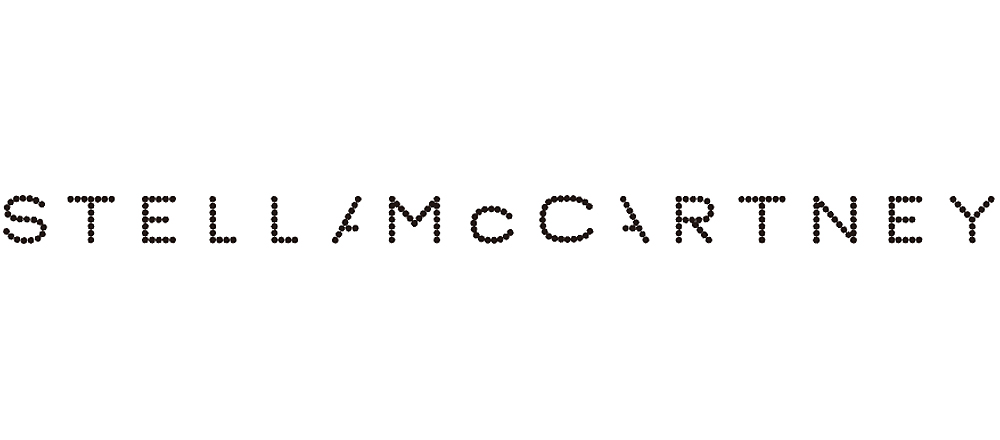Send your media
After you order, we'll email you to arrange a courier collection. If you'd rather send your 8mm film reels directly, we'll also explain how to post them to us in North Yorkshire.
What do you want to convert?
8mm cine to digital conversion can be done in two simple steps and lets you preserve all the amazing memories you've got stored away on film to watch over and over on modern digital formats.
See our 8mm cine to DVD or 8mm cine to USB pages for more 8mm conversion options, and our Cine reels to DVD and Cine to USB pages to see our other cine conversion types.






After you order, we'll email you to arrange a courier collection. If you'd rather send your 8mm film reels directly, we'll also explain how to post them to us in North Yorkshire.
We'll let you know as soon as we receive your 8mm films. Our specialists will carefully begin work to preserve and digitise your memories.
You'll get an email when we've sent your digital conversions (and your original 8mm film reels) back to you. After that, it's over to you to enjoy your old memories made new!

 What type
What type
Your cine film reel(s) transferred to memory stick. Plug in to your computer (or any other device with a USB port) and you can play, save, and copy your files.
All your reels on one stick
All your reels on one stickYou only need to order one stick to get all your conversions
You only need to order one stick to get all your conversionsWatching on the computer or Smart TV.
Watching on the computer or Smart TV.
Your cine film reels, converted to a Digital Versitile Disc. You'll be able to play it on any DVD player or other disc drive
Your reels on at least one disc
Your reels on at least one discYou only need to order one set to get all your conversions
You only need to order one set to get all your conversionsWatching on the telly
Watching on the telly
Your 8mm cine film converted to digital files, stored safely online. We'll upload your files to the cloud and send you a private access link, so you can watch and download your videos instantly, from anywhere. The access lasts one year, and you can continue to renew it for a small cost.
Your 8mm film conversions as digital files
Your 8mm film conversions as digital filesYou only need to order one cloud backup link to get all your conversions
You only need to order one cloud backup link to get all your conversionsSharing with friends and family
Sharing with friends and familyWe digitise cine film using advanced technology - a high-end sprocketless scanner that captures each frame individually at high resolution, combining them into a digital video.
Since most cine films are silent, we add backing music to bring your memories to life. If your film has an optical or magnetic soundtrack, we'll preserve this during the transfer.
One of the benefits of cine film is its remarkable durability. While poor storage can lead to issues like mould (which is usually visible on inspection), the vast majority of cine films have stood the test of time exceptionally well. When digitised, these films typically produce stunning results that capture the unique beauty of the original footage.

8mm cine film is a very old video format. That's great, because it holds amazing moments from the past. That's worrying, because it's deteriorating and could be lost.
All sorts of footage is stored on 8mm film around the UK and we're determined to preserve as much of it as we can.
Thanks to the incredible frame-by-frame scanning technology available, converting cine 8 to digital produces incredibly clear results.
Our highly-trained technicians use the best, professional-grade equipment to carefully capture and preserve your 8mm film footage and treat your memories as if they were their own.
Even though 8mm film isn't commonly used as a recording medium anymore, the memories it holds deserve to be preserved and enjoyed for many years to come.